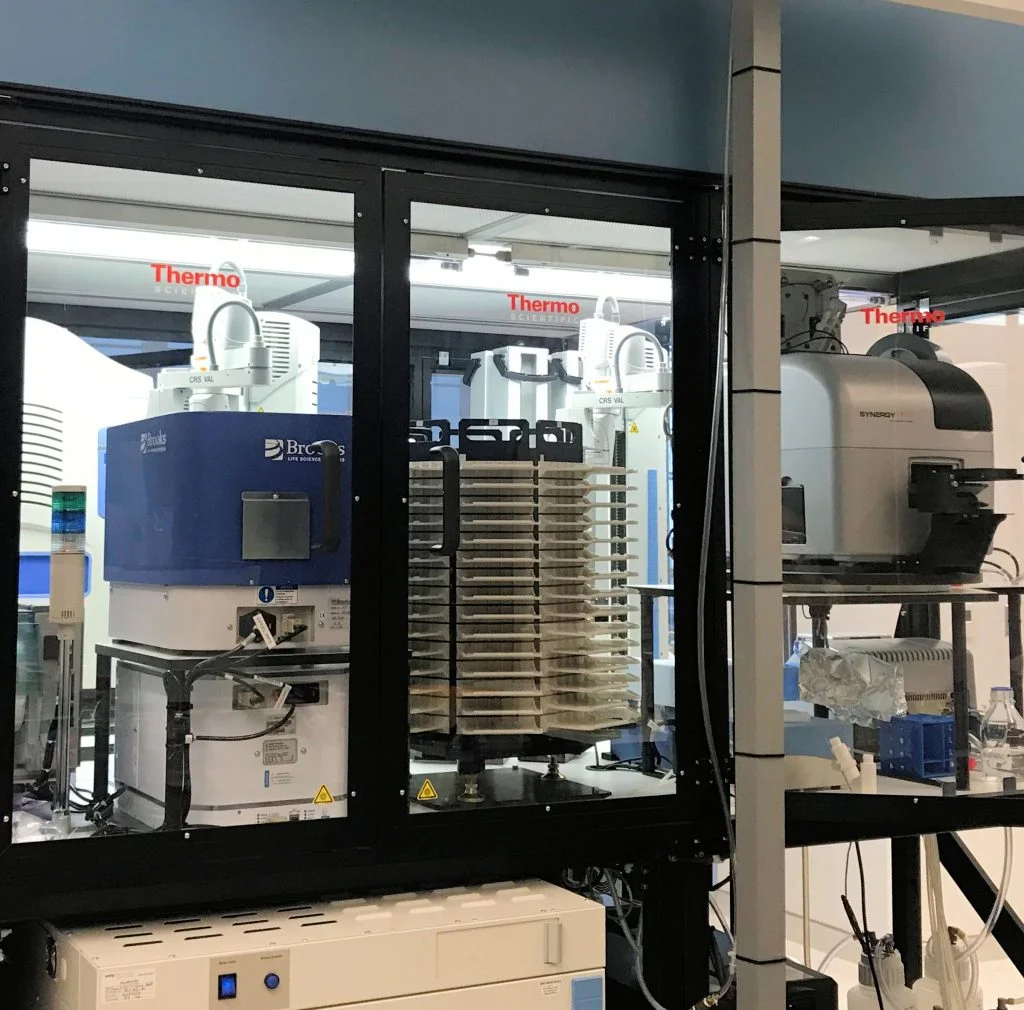Quality assurance in comprehensive drug product development is a fundamental imperative in the pharmaceutical industry, ensuring the safety, efficacy, and reliability of medications before they reach patients. It encompasses a systematic approach that involves various processes, checks, and measures to guarantee that the drugs developed meet strict quality standards and comply with regulatory requirements. This approach not only impacts the pharmaceutical company but, more importantly, directly influences public health and patient well-being. Comprehensive drug product development involves a series of stages, from initial research and formulation to clinical trials, manufacturing, and post-market surveillance. Quality assurance is embedded throughout this entire process to identify and mitigate potential risks and ensure that the final drug product is of the highest quality.

Firstly, during the research and formulation stage, rigorous quality assurance protocols are implemented to ensure that the drug’s formulation is well-researched, the ingredients are pure and of high quality, and the dosage form is optimal for the intended use. This phase also involves risk assessment and mitigation to foresee and address any potential quality issues that may arise during development. Moving to the clinical trials phase, quality assurance focuses on trial design, data collection, and analysis. Properly designed and executed clinical trials are critical in evaluating a drug’s safety and efficacy. Quality assurance mechanisms help in adhering to ethical guidelines, ensuring the informed consent of participants, and collecting reliable data to support the drug’s approval. As drug development advances to the manufacturing stage, stringent quality control measures are put in place to monitor and verify the product’s quality at various stages of production. This includes testing the raw materials, validating manufacturing processes, conducting in-process checks, and performing final product testing. Compliance with good manufacturing practices GMP is imperative to assure the quality, safety, and consistency of drug products.
Moreover, quality assurance extends to the packaging and labeling of drug products. Proper labeling ensures that patients and healthcare professionals have accurate and clear information about the drug, including usage instructions, potential side effects, and storage conditions. Packaging materials and processes must meet specified quality standards to maintain the stability and integrity of the drug throughout its shelf life. Post-market surveillance is another crucial aspect of quality assurance. Even after a drug is approved and available on the market, continuous monitoring is essential to detect and address any adverse events or safety concerns. This involves collecting data on drug usage, analyzing adverse event reports, and implementing necessary actions, such as recalls or label updates, to ensure ongoing safety and efficacy. The role of regulatory bodies, such as the Food and Drug Administration FDA in the United States and similar organizations worldwide, is pivotal in enforcing and overseeing quality assurance in drug development. They set stringent guidelines, read more conduct inspections, and enforce compliance to ensure that pharmaceutical companies meet the required quality standards and adhere to regulatory requirements.